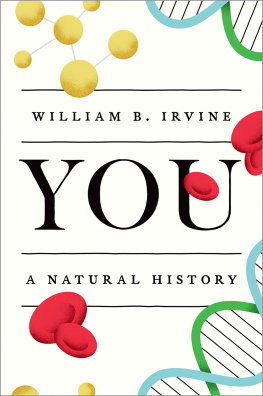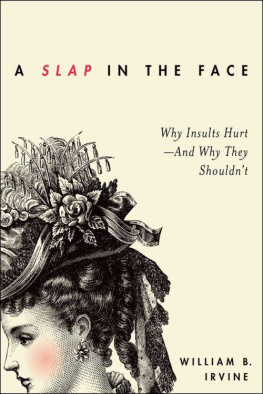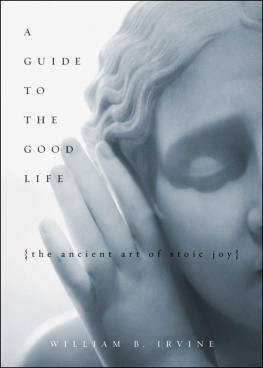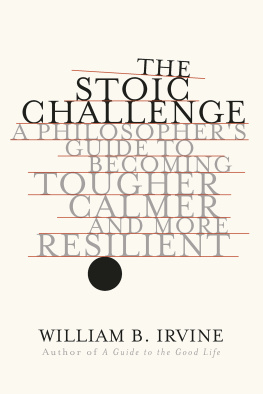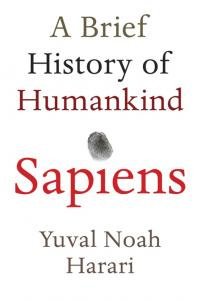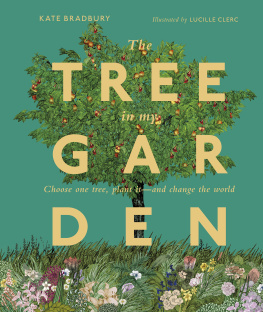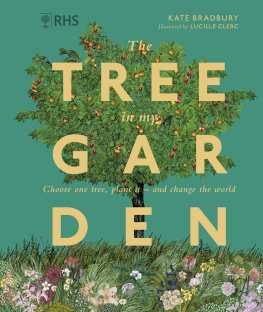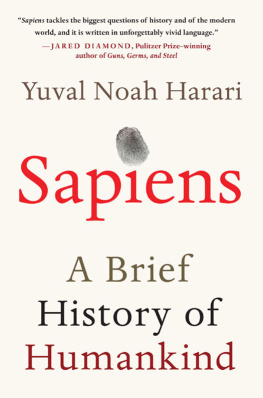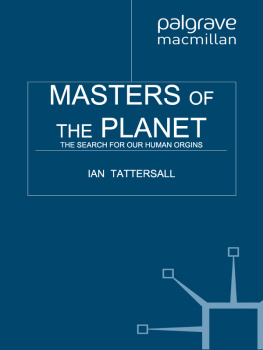YOU

Oxford University Press is a department of the University of Oxford. It furthers the Universitys objective of excellence in research, scholarship, and education by publishing worldwide. Oxford is a registered trade mark of Oxford University Press in the UK and certain other countries.
Published in the United States of America by Oxford University Press
198 Madison Avenue, New York, NY 10016, United States of America.
William B. Irvine 2018
All rights reserved. No part of this publication may be reproduced, stored in a retrieval system, or transmitted, in any form or by any means, without the prior permission in writing of Oxford University Press, or as expressly permitted by law, by license, or under terms agreed with the appropriate reproduction rights organization. Inquiries concerning reproduction outside the scope of the above should be sent to the Rights Department, Oxford University Press, at the address above.
You must not circulate this work in any other form and you must impose this same condition on any acquirer.
Library of Congress Cataloging-in-Publication Data
Names: Irvine, William Braxton, 1952 author.
Title: You : a natural history / William B. Irvine.
Description: New York, NY : Oxford University Press, 2018. |
Includes bibliographical references and index.
Identifiers: LCCN 2018012957 | ISBN 9780190869199 | eISBN 9780190912451
Subjects: LCSH: Human biology. | Human beingsConstitution.
Classification: LCC QP34.5 .I78 2018 | DDC 612dc23
LC record available at https://lccn.loc.gov/2018012957
To Jamie,
For helping give the cellular me
a second chance at life,
and for so much more
Contents
The foundation for this book was laid when George W. Bush was president, the research and writing were done during the Obama administration, and the final revisions were made during the Trump administration. During this period, many people and institutions played a role in making this book possible. I would like to take this opportunity to thank them.
I want to give particular thanks to Wright State University for the course reductions it granted me in the 201516 and 201617 school years. The time I thereby gained was spent writing and revising the words that follow.
I want to thank the many people who looked at and commented on book chapters, including Kevin de Queiroz at the Smithsonian Institution and his biologist brother Alan; Jayme Dyer at the Massachusetts Institute of Technology; Matthew Gale in Yellow Springs, Ohio; Erik Hill at Campbell University; Steven Karafit at the University of Central Arkansas; Massimo Pigliucci at City University of New York; Robert Riordan at Wright State University; and Sarah Roe at Southern Connecticut State University.
I would also like to thank William M. Irvine at the University of Massachusetts at Amherst. In case you are wondering, yes he is a relative of the authoras is every other person on the planetbut not a close relative.
I would like to thank the anonymous readers at Oxford University Press for their helpful comments on my proposal and offer a special thanks to the anonymous reader who read large parts of the book.
A special thanks goes to Jeremy Lewis, science editor at Oxford University Press.
And finally, I want to thank Woods Hole Oceanographic Institute for permission to use their illustration of all the earths water drawn into one big drop (in and 4.4).
You are many things. You are, first and foremost, a person. You may or may not be a parent, but you are necessarily someones son or daughter. If pressed for more detail, you might go on to identify yourself as being, say, an accountant, a recreational bassoonist, and a member of the middle class. You might add that you are a citizen of a certain country and that you are of a certain ethnicity and race.
Ask a scientist what you are, though, and you will get a radically different description. An evolutionary biologist, for example, might see you primarily as a member of the species Homo sapiens, whereas a microbiologist might tell you that what you are, essentially, is a collection of cells. She might add that for you to remain healthy, you must share your body with trillions of microbes. These single-celled organisms live in your gut and various other organs, and they inhabit every square millimeter of your skin. There are so many of them that if we did a census of the cells in and on your body, we would find that nine out of ten of them not only arent human, but they belong to a different domain of living things than your human cells do. And even stranger, it turns out that your human cells have within them the descendants of ancient bacteria. These mitochondria, as microbiologists call them, have their own distinct DNA, and without the power they provide, you would not be the magnificent multicellular organism that you are.
A physicist will likely take issue with the microbiologists characterization of you. Yes, you are a collection of cells, but this doesnt get to the bottom of things, since those cells are themselves collections of atoms. The atoms in question came into existence long before you did; indeed, many of the hydrogen atoms within you have been around since a few minutes after the Big Bang, nearly 14 billion years ago. The carbon, oxygen, and nitrogen atoms in you were at one time hydrogen and helium atoms that subsequently fused into heavier atoms in the core of a star. And the only way they could ultimately become part of you is for that star to eject them in the hyper-violent event known as a supernova.
This, however, is only one of the adventures your atoms experienced before joining you. It is entirely possible, for example, that some of your hydrogen atoms were, not long ago, components of gasoline molecules. Furthermore, many of your nitrogen atoms, before joining you, had been struck by lightning or spent time in the reaction vessel of a fertilizer plant. And most of your atoms were previously part of another living thinga corn plant, perhaps, or the cow that ate that corn. Some of them might even have previously belonged to another person.
Although your atoms are themselves ancient, most of them have been with you for only a small fraction of your life: it has been estimated that in the course of a year, 98 percent of your atoms are replaced by other atoms. Likewise, your cells are constantly dividing and dying, meaning that the average cell is only perhaps a decade old. Your atomic identity and cellular identity, then, are in a constant state of flux, and although your drivers license might imply that you are ready for retirement, your cells are, on average, mere children in terms of the amount of time they have spent with you, and your atoms are the equivalent of toddlers.
Unlike your cells, your atoms have nothing to gain from being part of you. If they could think, they would probably feel about their connection with you the way the passengers in a transatlantic jumbo jet feel about each other: Yes, we are all thrown together for a time, but when the flight is over, we will be going our separate ways. And rest assured that after your death, long after your cells have putrefied, your atoms will continue their journey.
It is very likely that within a few decades of your deathand maybe much sooner, depending on what is done with your remainsyour atoms will have rejoined the outside world, where they will experience new adventures. Furthermore, just as your atoms might have been part of another person before they joined you, they might become part of another person after you die. In this way, you will experience an afterlife, although not necessarily the one you had imagined.

